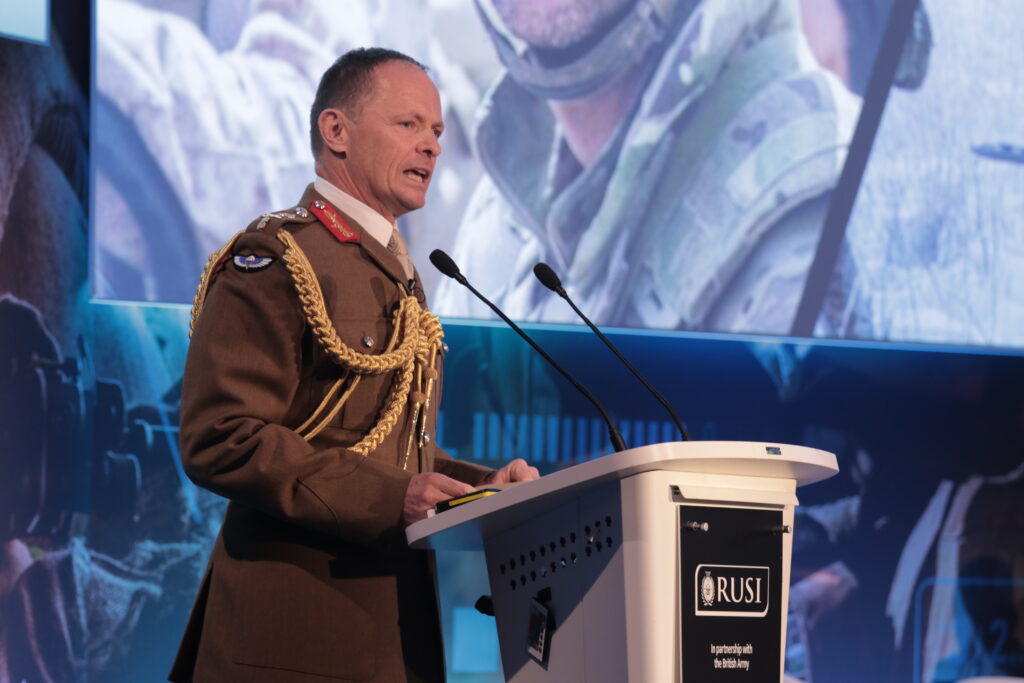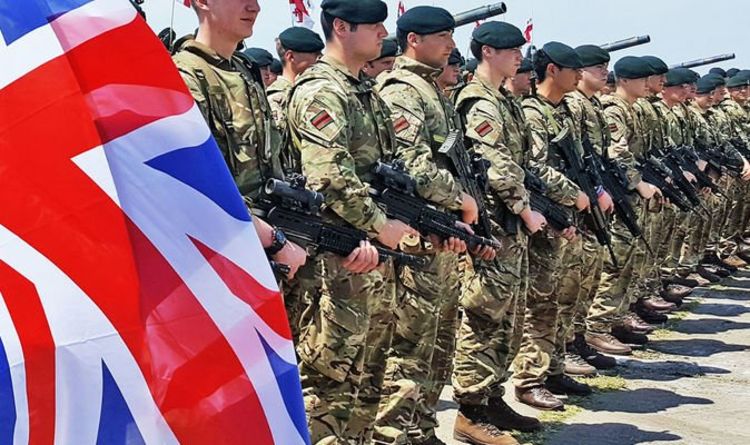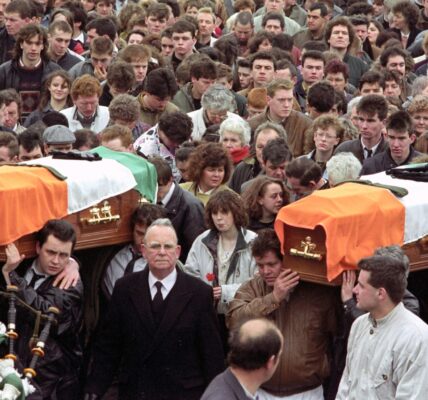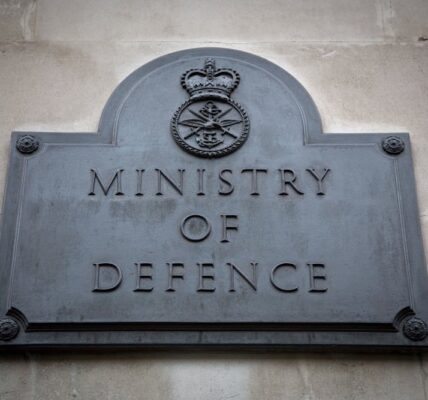“I Have Never Seen a Clearer Path to World War III”- Col Phil Ingram Underscores Army Chief Conflict Warning

Another senior military expert has raised concerns about the potential for the United Kingdom to become involved in a conflict with Russia and its allies. Colonel Phil Ingram, a former British Army Intelligence officer and Nato planner, told National Security News that he has been involved in monitoring conflicts and potential conflicts for over forty years, leading him to the conclusion: “I’ve never seen a clearer path to World War III and it is not one path, I can see several paths.”
His comments come after a warning by Britain’s newly-appointed Army Chief, General Sir Roly Walker at the closing speech of a land war conference at the Royal United Services Institute (RUSI). Gen Walker said the United Kingdom must prepare itself for war in the next three years pointing out that a “very dangerous Russia is looming on the horizon.”
Gen Walker said, “When you think they [the Russians] are down, they will come roaring back to get their vengeance, no matter who wins the Russia-Ukraine war.”
The British Chief of General Staff outlined a plan to double the Army’s fighting power in three years and triple it by the end of the decade aiming to prepare the UK for potential conflicts using a hybrid defence systems.
“The Armed Forces of Ukraine, under General Zaluzhnyi and now under General Syrskyi have demonstrated, for example, what can be done from land with a hybrid system,” the Army Chief said.
In an interview with NSN, Col Ingram foresees various paths to war including the war in Europe with Ukraine and escalating instability in the Middle East, “and that is getting worse, not better.” Added to that is aggression from China in South Asia, which is also deteriorating. There is increasing polarisation between different groups, he said.
“There is a very real potential that we will be involved in a shooting conflict within the next three years, but I hope I am wrong,” Col Ingram remarked.
Regarding the British Army’s plans, to double the Army’s fighting power, Col Ingrams said “it does not necessarily mean doubling the size. What he’s trying to do, is get in economic terms, more bang for your bucks.”
“So, General Walker is trying to get the military capability to be more effective, more lethal, and therefore to be able to take on a stronger enemy force with a weaker, numerically, military force. That requires sophisticated weapons systems, sophisticated intelligence gathering and targeting systems, the ability to have an effect on the enemy that the enemy can’t.”
Col Ingram however pointed out that while the British Army possesses the technology with the experience and training for this hybrid warfare. “We don’t have the equipment; we don’t have the understanding that’s coming out of Ukraine, yet. There’s a long way to go.”
Former Army officer Major General Charlie Herbert told NSN that the upcoming Strategic Defence Review provides a chance for the new Labour Government to tackle these urgent matters.
”General Roly’s well-chosen words are a timely reminder of the increasing threats facing the United Kingdom, and the reduced size and capability of the British Army after several decades of downsizing. The forthcoming strategic defence review offers an opportunity for the new government to address both these pressing issues,” he said.
Col Ingram, however, said that he has observed similar statements from every Chief of the General Staff in the British Army who has taken over in the past decade, but that none of them have succeeded, ultimately resulting in hollowing out the Army even more.
“The defence review means that the politicians are going to kick off any decisions into the future until they get the output from the defence review, which in some ways is sensible, because you need to know what you need to spend your time, effort and money on in a logical way,” he said.
The new Secretary of State, John Healy, who has been involved in defence for over years, knows exactly where the weak points are, said Col Ingram.
“He could make spending decisions today to fill some of those weak points because it’ll take years to turn on the capability, especially in the defence industrial base. So, what we need to do is to very quickly generate a defence industrial base that can meet the capacity that we expect it to. In other words to provide the amount of ammunition, the missiles, the shells and everything else to meet the sort of expenditure rates that the Ukrainians are seeing.”
Col Ingram also emphasised the significance of prioritising the well-being of soldiers as the military cannot recruit and retrain enough people.
“Without the people there’s no point in having the fanciest equipment and everything else and because we need our people more highly trained.”
Col Ingram highlight several key priorities that he thinks should be included to prepare the United Kingdom for war, pointing out that the British Army is woefully thinned out.
“Our army is woefully thinned out. We’re only upgrading 148 Challenger 2 to Challenger 3 tanks. We’ve got no armoured infantry capability to replace the Warrior Infantry Fighting Vehicle. The new Ajax Armoured Reconnaissance Vehicle is hugely overweight, very complex, and is way behind time. The Boxer Infantry Vehicle is a battlefield taxi. It’s brilliant, but we need ones with guns on it and we need to embrace a lot of new technologies.”
The Navy and the Air Force, Col Ingram said, need their equivalents as well. Although the Navy is in a better position, he said, there is a shortage of manpower and a shortage of ships to deal with wider submarine threats.
He described the Air Force as in “a terrible position with a lack of pilots and not all the aircraft up to the required standard to fight.”
Furthermore, he pointed out that the British Army needs anti-drone capability.
“All this,” Col Ingram pointed out, “is going to take time.”
Regarding the British public’s perception and readiness for a potential conflict, Col Ingram expressed his belief that the public may not fully grasp how realistic the potential threat is.
“We need to wake up to the reality that the more we spend on defence, the less chance there is of a shooting conflict. If we don’t spend enough, Putin and Xi Jinping and the Grand Ayatollah in Iran see an opportunity. That would be disastrous,” he warned.


























































































































































































































































































